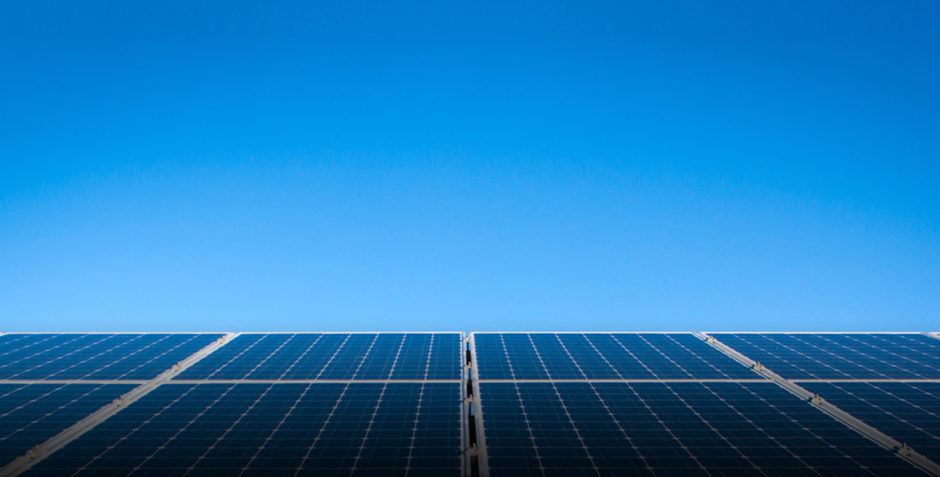
UK investors are faced with a fundamental problem around solar, in that the sun does not shine that much.
Better, then, to invest in a country where the sun shines. This introduces problems in how investors get their money back.
One company hoping to have cracked this puzzle is Sun Exchange. The company was established in South Africa in 2015.
Sun Exchange allows an investor from anywhere in the world to buy solar cells and have them installed on buildings in South Africa. Power generated is then sold to residents, with bills being paid to backers. The company acts as an intermediary, allowing the cash to flow and the work to be done.
“It makes far more sense for someone in the UK to own solar panels in the sunniest place in the world,” Sun Exchange’s founder and CEO Abe Cambridge told Energy Voice.
The Sun Exchange model is a world away from Eskom’s renewable power rounds. “Putting solar panels on a roof is visible and tangible – and there’s no transmission losses. This is the most efficient use of solar and it’s fast to install.”
Sun Exchange has 31 projects operating. It has 17,000 backers, in 162 countries.
It is currently working to secure investors to provide solar power to a vineyard, Boland Wine Cellar. The cost per cell is 81 rand ($4.6), with Sun Exchange projecting an internal rate of return of 12.5%. Around 55% of capacity has been sold, to 725 buyers.
The company does not have its own solar installers. Instead, it works with contractors.
Backing
Technology acted as a linchpin for the exchange, he continued, describing it as “micro-leasing”.
“There was almost a complete lack of funding for solar on commercial rooftops. Debt is very expensive and there’s no subsidies,” he said. “Banking in South Africa is modern, but not modern enough so sending money is time consuming.”
Sun Exchange’s solution to the bureaucracy of moving cash around the world via banks is bitcoin.
This “allows for microscopic payments around the world without friction”, Cambridge said. The cryptocurrency has gained some degree of interest as an alternative investment vehicle itself, but this is not mandatory.
“You don’t have to be exposed to the swings if you sell your bitcoin as soon as you receive them. If you don’t want to be exposed to bitcoin you can earn in normal money, in South African rand, but it’s more time consuming and expensive. It’s also not as fun.”
Next steps
Sun Exchange is also working on plans for a secondary market. This would allow people who have bought solar panels and are receiving revenues to sell the rights to these to another party.
There is not yet a way to transfer the ownership of a panel, Cambridge said, but there is a plan for EBay-style site. That said, “most people do buy for the long term and demand for a secondary market is very low”. The company has also talked of moving contracts onto a blockchain ledger and using autonomous smart contracts
In the case of non-payment, power can be cut off remotely, but this is a remote possibility. The types of projects chosen – schools, retirement homes, nature reserves – are fixed and long term.
Users also benefit from costs that are “at least 20%” below that offered by the grid. That figure grows depending on the competition, for instance against diesel it is particularly attractive. “Plus there is the opportunity cost of not having power,” Cambridge noted.
Tariffs are projected to rise at CPI plus 2% per year. The use of CPI brings in some question of variability based on inflation.
The model is only applicable to solar cells, Cambridge said, not for wind or hydropower. South Africa has been the company’s first step but it is working on plans to expand into other sub-Saharan states.
Sun Exchange secured a $3 million equity investment from Arch Emerging Markets Partners’ Africa Renewable Power Fund (ARPF) on June 9. The two companies have the “same vision of transforming the energy landscape”, Cambridge said.
